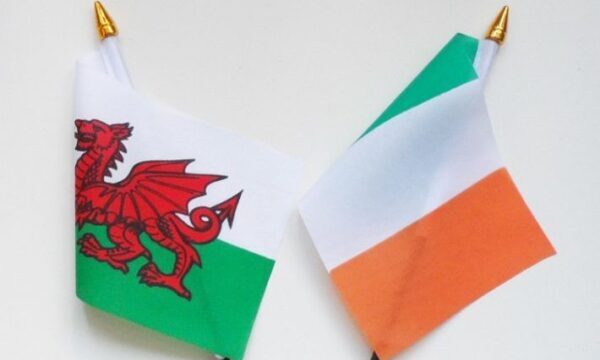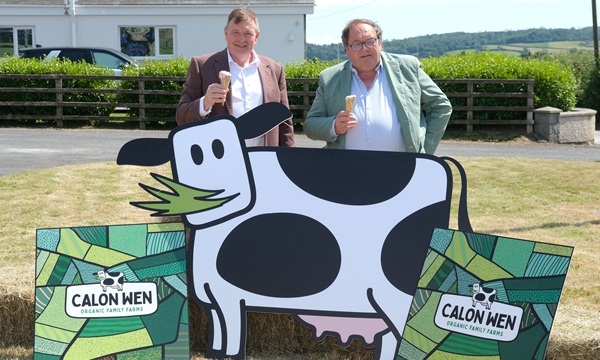The first quarter of 2023 saw UK consumer confidence improve with a two-percentage point increase compared to the previous quarter, according to the latest Deloitte Consumer Tracker.
This marks the second consecutive quarter of improving confidence, following five quarters of decline.
Overall confidence was lifted by improved consumer sentiment towards job opportunities and progression (+3.6 percentage points) and general health and wellbeing (+4.4 percentage points), against the backdrop of a strong labour market and the winter months coming to an end.
However, in a sign that consumers remain vulnerable to ongoing economic headwinds, overall confidence remains down year-on-year. Persistent inflation continues to depress consumers’ sentiment about their levels of disposable income which, despite improving from Q4 2022, remains lower than when the Deloitte Consumer Tracker survey first launched back in 2011.
The Deloitte Consumer Tracker is based on responses from 3,212 UK consumers aged 18+ surveyed between 17 and 20 March 2023, after the Chancellor’s Budget announcement.
Consumer sentiment towards UK economy rises sharply
Consumer sentiment towards the UK economy increased +21 percentage points in Q1, reaching -55.6%, as economic forecasts improve. Sentiment in job security saw a two-percentage point increase compared with the last quarter as the labour market remained robust.
Ian Stewart, chief economist at Deloitte, commented:
“After a bleak end to 2022, marked by soaring energy prices and rapidly rising inflation, consumer and business confidence have staged a comeback. Consumers feel more secure about their jobs and more confident about wider job opportunities. The outlook remains uncertain, but improving sentiment bodes well for growth in the first quarter of the year.”

Sales, discounts, and cheaper stores for price-sensitive consumers
Despite falling energy prices, with food inflation continuing to rise, spending on essentials rose for a third consecutive quarter, up 1.7 percentage points from Q4 2022. Meanwhile, in a sign that many households remain cautious when spending on non-essentials, spending on discretionary items fell by one percentage point from the previous quarter.
Although fewer are doing so, consumers have continued to adopt more recessionary behaviours. A third (34%) of respondents said they have switched, or are intending to switch, to cheaper products such as value or own-brand ranges in order to cope with the increased cost of living. In addition, a growing proportion of consumers said they have, or plan to, take advantage of sales and discounts (33%, up from 30% last quarter) and shop at cheaper stores (30%, up from 28% last quarter).
Céline Fenech, consumer insight lead at Deloitte, commented:
“Many consumers continue to adopt different shopping tactics to combat high prices.
“With food inflation persisting, we see many households sacrificing non-essential items in order to afford everyday goods that are most vulnerable to price hikes. Where they must spend, consumers continue to take advantage of sales and discounts, while cheaper stores and own-brand ranges also remain important for the price-sensitive shoppers looking to get the most value for their money.”
Consumers intend to spend more on leisure
Deloitte’s Consumer Tracker also revealed a rise in net spending on leisure activities in the first quarter of the year, up 1.6 percentage points. The quarterly increase was boosted by a net 7.8 percentage point increase in spending on holidays and hotels by consumers compared to the last quarter of 2022.
However, overall net spending on leisure activities was down year-on-year, with every single leisure category seeing a decline in net spending. This was particularly evident in categories including ‘eating and drinking out’, down 9.2 percentage points year-on-year, and ‘culture and entertainment’, down 7.5 percentage points year-on-year.
However, respondents indicated that they plan to spend more on leisure in the next quarter, with intended net spending for Q2 2023 up across every leisure category.
Andreas Scriven, partner and head of hospitality and leisure at Deloitte, said:
“The rise in leisure spending in the first three months of this year can largely be attributed to the hike in travel spending, which follows the annual pattern of consumers booking spring and summer holidays in Q1. Despite this boost in spending, and the intention to spend more in the three months ahead, the leisure sector will remain cautious as hospitality businesses continue to struggle with their exposure to high inflation on food and labour shortages. These macroeconomic challenges will demand further resilience from the sector, as well as from consumers who may be more likely spend on smaller activities outside of the home.”







